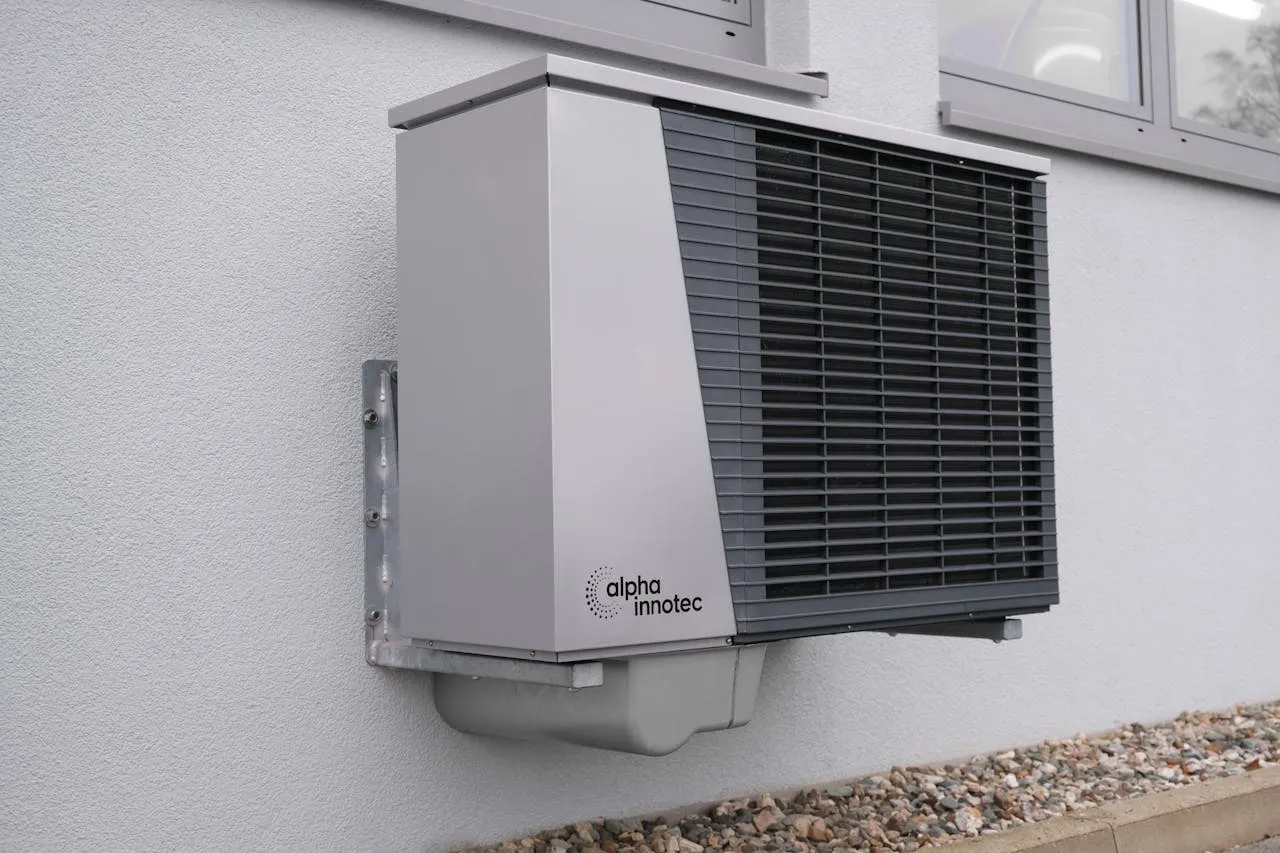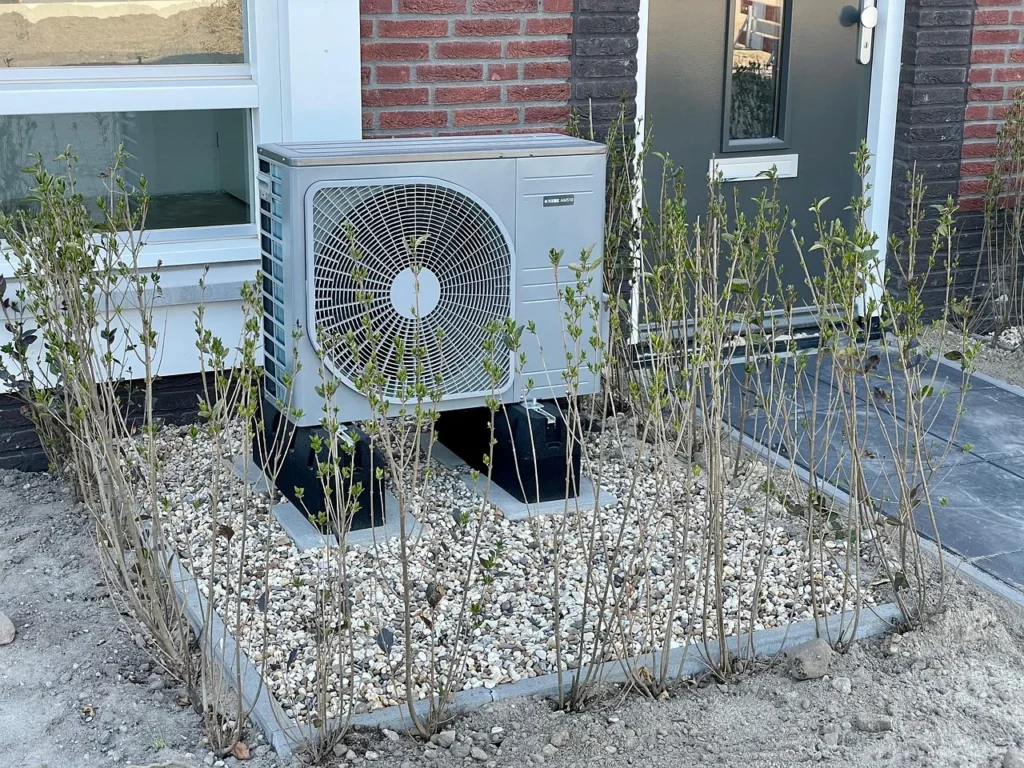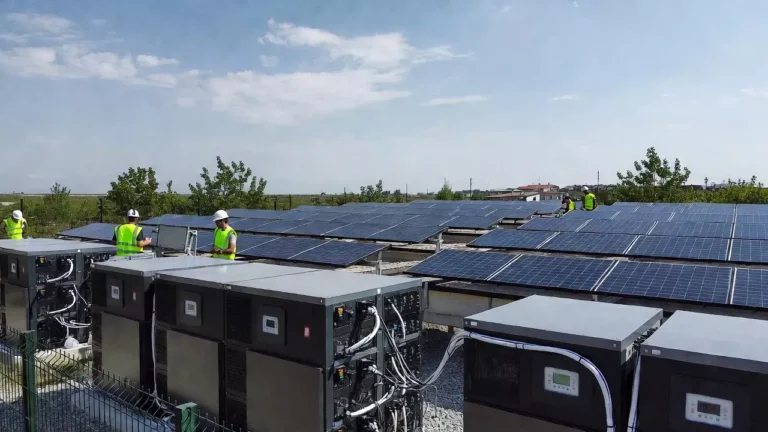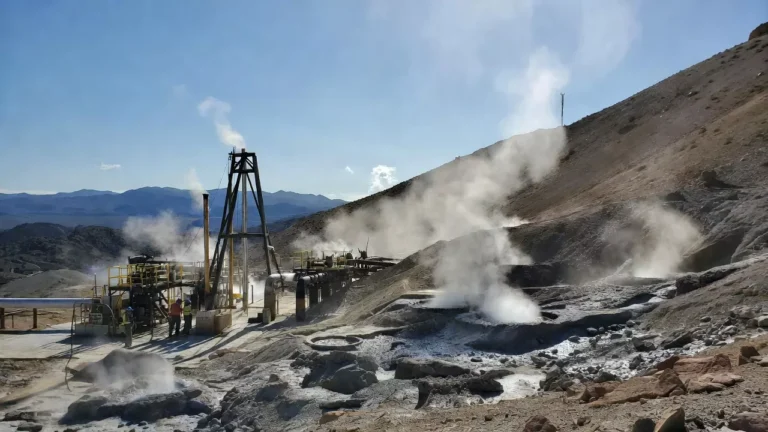
Heat Pumps Gain Popularity Among Homeowners: Survey Finds 9 in 10 Owners Recommend the Technology
Mitsubishi Electric Trane HVAC US LLC (METUS), a leading supplier of all-electric, all-climate ductless and ducted mini-split and Variable Refrigerant Flow (VRF) heat pump and air-conditioning systems, has released the results of its latest Heat Pumps & Homeowners Index. The findings reveal a growing trend in heat pump adoption across the United States, with 90% of surveyed homeowners who own heat pumps expressing their willingness to recommend the technology to others.
The survey, commissioned by METUS and conducted among more than 1,000 U.S. homeowners, highlights key insights into the adoption of heat pumps, homeowner satisfaction, and the increasing awareness of state and federal incentives for energy-efficient home improvements. The results indicate a shift in homeowner preferences, with more people considering heat pumps as a viable alternative to traditional heating and cooling systems due to their efficiency, cost savings, and environmental benefits.
Key Findings from the METUS Heat Pumps & Homeowners Index
Growing Adoption of Heat Pumps
The 2024 survey results demonstrate an increase in heat pump ownership compared to 2023. Homeowners are becoming more knowledgeable about heat pump technology, with 32% of respondents stating they have a good understanding of heat pumps—up from 23% in 2023. This growing awareness may be attributed to better education efforts, incentives, and a general shift towards more sustainable home heating and cooling solutions.
Homeowner Satisfaction and Recommendations
The most striking finding in the survey is the overwhelming satisfaction among heat pump owners. Nine out of ten respondents who own a heat pump stated they would recommend the technology to others. This high level of endorsement underscores the perceived value of heat pumps in terms of efficiency, comfort, and cost-effectiveness.
Top Benefits Cited by Homeowners
Heat pump owners identified the top three benefits of their systems as:
- Greater Energy Efficiency (55%) – Homeowners reported that heat pumps provide superior energy efficiency compared to traditional HVAC systems, reducing overall energy consumption.
- Better Heating Performance (41%) – Many users cited improved heating performance, even in colder climates, as a key advantage.
- Cost Savings (39%) – Lower utility bills and long-term savings were a significant factor in homeowners’ satisfaction with heat pump technology.
Influence of HVAC Contractors and Incentives

HVAC professionals play a crucial role in heat pump adoption. According to the survey, 82% of homeowners with heat pumps reported that their HVAC contractor was “somewhat” or “very influential” in their decision to install a heat pump. This finding emphasizes the importance of educating HVAC professionals about heat pump technology, ensuring they can effectively communicate its benefits to homeowners.
Additionally, federal and state tax incentives were another major influence on homeowners’ decisions to adopt heat pumps. With various rebate programs and tax credits available, homeowners are more inclined to switch to energy-efficient solutions when they realize the financial benefits of doing so.
Concerns About Energy Costs
The survey also revealed that energy efficiency and cost savings remain top concerns for homeowners, including those who do not yet own heat pumps. Among homeowners with conventional HVAC systems, 93% reported being at least somewhat concerned about rising utility bills. Furthermore, 88% of all respondents believe that heat pumps are more energy-efficient than traditional heating and cooling systems.
This growing concern over energy costs is driving interest in heat pumps as an alternative to gas furnaces and conventional air conditioning units, particularly as more homeowners seek ways to reduce their monthly energy expenses.
The Shift Toward Clean Energy and Sustainability
The increased adoption of heat pumps aligns with broader trends in clean energy and sustainable home improvements. Many homeowners are looking for ways to reduce their carbon footprint while maintaining comfort and efficiency. Heat pumps, which use electricity rather than fossil fuels, are seen as a key component of this transition.
Impact of Federal and State Incentives
One of the main factors accelerating heat pump adoption is the availability of financial incentives. Programs such as the Inflation Reduction Act (IRA) in the U.S. provide homeowners with tax credits and rebates for installing energy-efficient HVAC systems. These incentives make heat pumps a more attractive option for those looking to upgrade their home heating and cooling systems while benefiting from financial savings.
Government initiatives and utility company programs are also contributing to increased awareness and affordability of heat pump systems. As more homeowners become aware of these opportunities, the likelihood of widespread adoption continues to rise.
The Future of Heat Pumps in Home Heating and Cooling
Increased Awareness and Education
One of the challenges that remain is ensuring that all homeowners have access to accurate information about heat pumps. While awareness has improved, the survey shows that many consumers are still unfamiliar with how heat pumps work and how they compare to traditional HVAC systems.
Educational initiatives from industry leaders like METUS, along with support from government agencies and utility providers, are expected to play a crucial role in bridging this knowledge gap. Providing homeowners with clear and accessible information will help drive further adoption and support the shift towards sustainable home energy solutions.
Advancements in Heat Pump Technology
As heat pump technology continues to evolve, its efficiency and performance are expected to improve further. Advances in cold-climate heat pump technology, for example, are making these systems more effective in extremely low temperatures, addressing a common concern among homeowners in colder regions.
Manufacturers are also working on smart heat pump systems that integrate with home automation technology, allowing users to optimize their energy usage through intelligent controls and remote monitoring. These innovations will likely enhance the appeal of heat pumps for modern homeowners looking for convenience and energy savings.
Growing Market Demand and Industry Trends
The demand for energy-efficient HVAC solutions is expected to continue growing in the coming years. With increasing environmental awareness, rising energy costs, and government-backed incentives, the market for heat pumps is poised for significant expansion.
Industry analysts predict that as more homeowners experience the benefits of heat pumps firsthand, word-of-mouth recommendations will further drive adoption. The results of the METUS survey, in which 90% of heat pump owners would recommend the technology, suggest that positive consumer experiences will play a crucial role in shaping future market trends.










